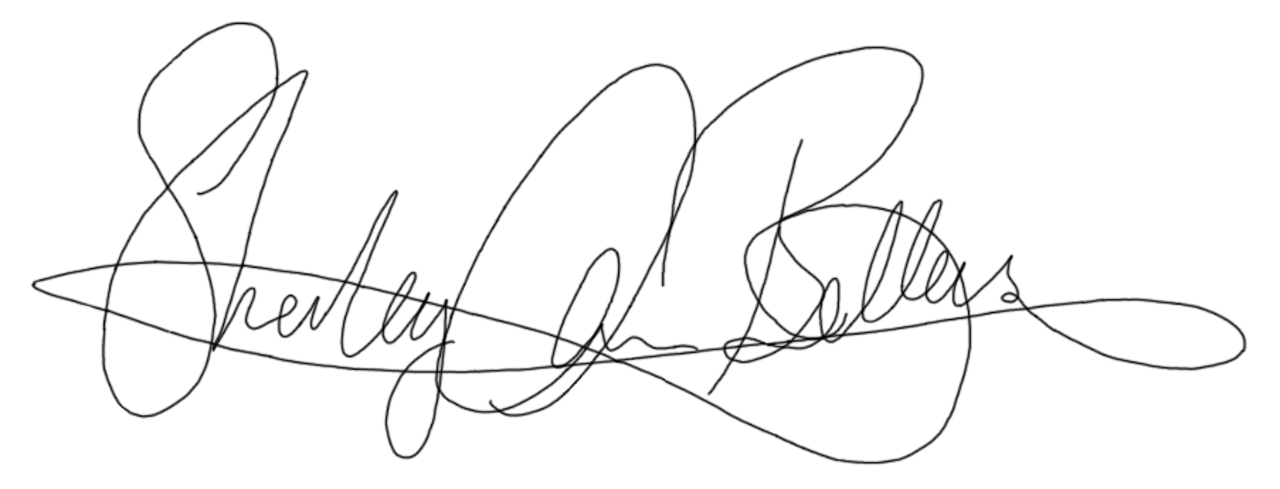Looking back, I realize that questioning the world and gaining critical thinking skills--to analyze the reasons behind what my elders told me was truth--is a great indicator to my current successes. The academic challenges that my teachers imposed on me where not pleasant to comply to but because I had teachers that believed in me—stating that the reason for their pushing me is because they know I can do it—gave me the confidence to make mistakes and learn from them. In combination with the encouragement I received, I also was a witness to admirable and tasteless teaching methods that inform the way that I believe a great teacher should behave:
Structured, organized, goal-oriented
Facilitate great discussions; un-afraid to share own weaknesses
Investment in the well-being and academic growth of student
Passionate and knowledgeable about the subject
Motivating and encouraging
These traits are the antithesis of many of traits I garnered when contemplating the characteristics of a weak teacher:
Self-interested (Uses only a behavioral approach to instruction)
Don’t seek continual enlightenment (aside from teacher/professional development courses)
Un-relatable; not willing to share weaknesses
Unorganized and flustered yet authoritarian
What I believe about teaching has been clearly articulated by an intro to an article provided by my Social and Cultural Foundations of Education class professor, Teresa Michel called “Rethinking our Classrooms.” In the intro, it discusses the philosophy of teaching that it prescribes to arguing that “classrooms can be places of hope where students learn academic and critical skills to make change happen.” The quote
““all good teaching begins with a respect for children, their innate curiosity and their capacity to learn”
”
so beautifully puts into words my thoughts on what teaching should be! By following the guidelines from this quote I believe that I will equip my students to “talk back” to the world by asking them critical questions and teaching them how to ask them as well.
Linking the activities in class to real world problems, students will see the immediacy of the subjects studied in class in their own world as they apply what they’ve learned in school at home and in their communities. Two other quotes that I strongly support are
““concepts need to be experienced first hand” and “students must learn how to work with others.””
In a world that is becoming more globalized, the skills of communication are ever present as connections between people are increasingly sought out. I envision the outcome of my teaching to produce students who are competent communicators. From this article, I support the argument that the teacher must be involved in the community of the students life by talking to parents and other people who have great influence so that a channel of communication is kept intact.
What I’ve learned at Ithaca College and what intuitively makes sense to me informs this document. My junior student teaching experience has augmented the theories studied in class. However, I’ve also found that in making a safe environment for my students, I need to make sure that the environment is safe for myself as well. While I agree that teaching should be student-centered I also believe that as a teacher, you need to cater your method of teaching to who you are. Hence, the importance of being open to sharing mistakes so that we are able to learn from them together.
In formulating my thoughts on what an exemplar teacher looks like, I came across many hesitations. I didn’t want my instruction to be boring--teaching the same thing over and over again without creative variation was unappealing to me. I also had limiting beliefs on what teaching is. Leading me to do a lot of research on fixed vs. growth mindset and how that impacts learning and teaching.
It is through these hesitations that grew my goals I have for my students and my image of an ideal classroom. Within author Austin Kleon's book called “Steal Like an Artist,” are philosophies of artistry that encourages me not only as a teacher but as a musician.
From it I feel empowered to pull on the strengths of my students and resources available to me guide my students toward having a growth mindset, eclectic taste of music, and a comprehensive knowledge of music so that they can not only apply their skills in music, but also in the many different dialects of the language such as education, performance, production, and business.
My goal is not solely to teach students to be musicians, my goal is to immerse my students in an atmosphere of music making fueled by high artistic standards that allow them to cultivate a mindset that allows us to create shamelessly.


